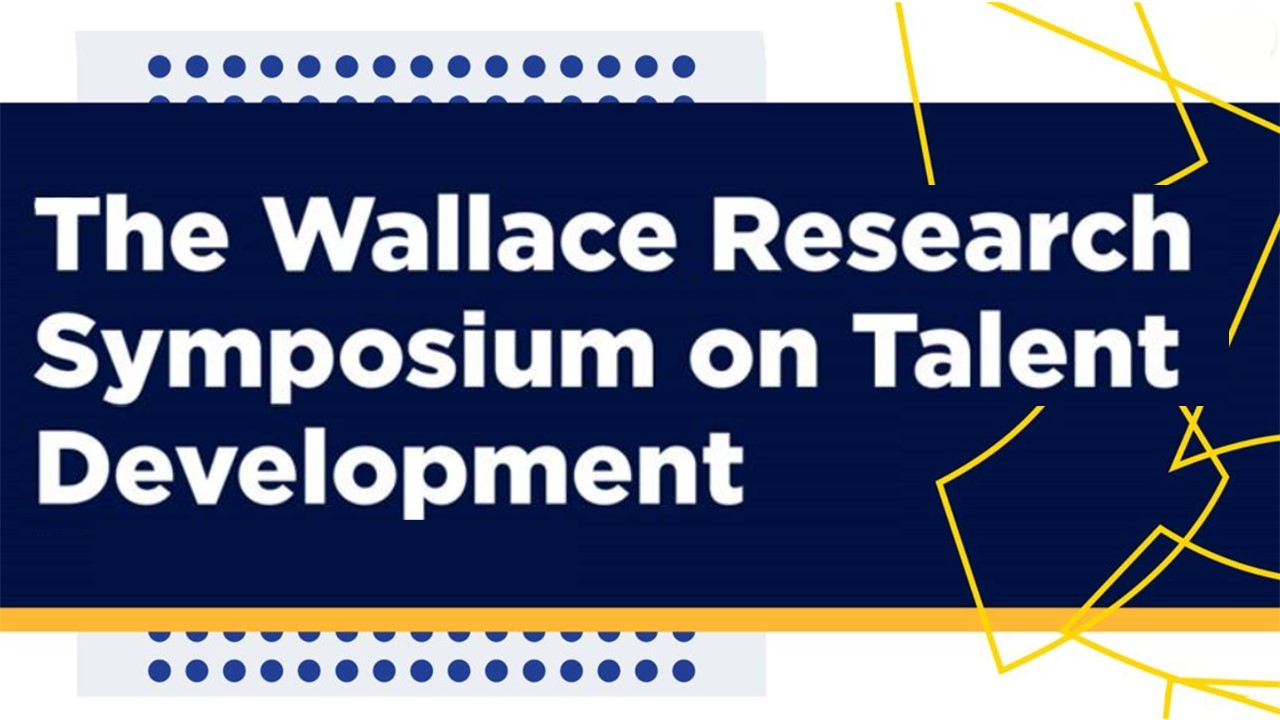
Schedule
Speakers
Campus/Building Maps
Updates
Brilliant State of Mind: The Methods for Unveiling Archetypes and Aspirations — Rebecca Lubin
Monday, May 20, 2024, 10:15 – 11:15 am, Lawrence D. McHugh Hall, Room MCHU 205
In the evolving realm of educational leadership and pedagogy, Brilliant State of Mind emerges as an extension of Dr. Lubin’s research, Gifted State of Mind which is currently addressing the oft-overlooked exclusion of economically disadvantaged Black girls from elementary gifted education. This presentation introduces a novel conceptual and operational framework, Prototypical Narration, as a methodological cornerstone to unveil and understand the subconscious narratives that guide individuals—especially leaders in service of marginalized groups—in their interactions with the educational environment.
Prototypical Narration delves deep into the cognitive constructs—the archetypes that individuals and collectives form, influenced by personal experiences, cultural contexts, and social settings. These constructs act as cognitive templates, shaping perceptions and decisions. The presentation will articulate the process of Narrative Elicitation, engaging participants in sharing experiences which are then dissected through Thematic Analysis to identify and categorize enabling or disabling prototypes. Subsequent steps involve Subconscious Interpretation Mapping and Ecological Navigation Assessment, which utilize cognitive mapping and structured tools to analyze the effectiveness of individual and collective ecological navigation strategies.
Emphasizing the influence of one’s mindset, the methodology fosters a collective, cultural understanding and reinterpretation of prototypes through Collaborative Reflection, with Iterative Feedback and Validation ensuring the accuracy and applicability of findings. This approach not only contributes clarity and awareness to the local pedagogical practices of Keystone Public Schools but also proposes a scalable model for nationwide application, aiming to rectify educational inequities and enhance instructional quality through revolutionizing educational narratives. The session will conclude with a discussion on the broader implications for gifted education and a Q&A to further engage the audience in this critical dialogue on unlocking the potential of every student.